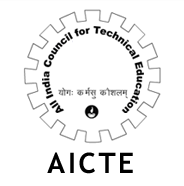 Bhopal based AISECT, Education, Training and Services Network, has partnered with the National Skill Development Corporation (NSDC) with a mission to skill around 1.3 million youth across semi-urban and rural India over the next 10 years. Under this alliance, AISECT will work as a national partner of NSDC to spread quality skill development training across the country and placement of students.
Bhopal based AISECT, Education, Training and Services Network, has partnered with the National Skill Development Corporation (NSDC) with a mission to skill around 1.3 million youth across semi-urban and rural India over the next 10 years. Under this alliance, AISECT will work as a national partner of NSDC to spread quality skill development training across the country and placement of students.
This ambitious skill development project will initially be carried out in the rural and backward regions of states like Madhya Pradesh, Chhattisgarh, Jharkhand, Bihar, Rajasthan, Uttar Pradesh, Orissa, Maharashtra and Punjab and will gradually be implemented across the country. As part of this alliance, AISECT’s skill development initiative will cater to seven of the twenty one priority sectors identified by NSDC. These sectors include IT&ITES, Electronics & Hardware, Banking & Financial Services, Teacher & Assessor Training, Textiles, Organized Retail and Agri Skills. These are the sectors which are estimated to have the highest contribution towards the requirement of skilled workforce in the country over the next ten years. Some of these sectors such as IT, Computers, Hardware and Teacher Training are those where AISECT already has tremendous experience of skilling people.
Commenting on this collaboration, Santosh Kumar Choubey, Chairman, AISECT Group said, “The unorganized sector is a critical part of the Indian economy. The extent of informal employment is estimated to be at about 450 million between 2008 & 2012 and this percentage will tend to remain at approximately the same level. This not only indicates the importance of the informal sector but also the importance of informal employment and the need for skill building therein. Through this partnership, AISECT, which has an extensive reach in the rural and semi-urban areas through a network of over 10,000 centres spread across 27 states and 3 Union Territories, will contribute significantly to the objective of carrying out skill development on a large scale in the unorganised sector. ”
Under this partnership, AISECT will also undertake massive “Training of Trainers” programme to improve the quality of skill training and to up-skill the technology utilization of trainers in training. The organization will also utilize nearly 6,000 Common Service Centres (CSCs) that it has set up at the panchayat level across Madhya Pradesh, Chhattisgarh and Punjab for skilling the youth. Moreover, skill development programmes will be linked with university education and AISECT will also endeavor to set up Vocational Academies or Skill Resource Centres within the two universities that the organization has set up in Madhya Pradesh and Chhattisgarh.
Placements and post-training hand-holding support is a big component of this project and AISECT will provide placement services – both online and offline – to the trained manpower. Placement efforts will be carried out at both National as well as regional level to ensure maximum placements for all trained candidates. As part of this partnership, AISECT would also work extensively on creation of quality e-learning material for candidates in all regional languages.
AISECT, having been involved in skilling and training for semi urban and rural India for the past 27 years and having skilled about 12 lakh students, has developed a fairly evolved understanding of the skill requirements across certain sectors. AISECT has, so far, executed large skill development, capacity building and e-governance projects for the central and state governments including Swarnjayanti Gram Swarozgar Yojana (SGSY), Sarva Shiksha Abhiyan, Common Service Centre Project, Indira Suchana Shakti Yojana, Swashakti Project, Tejaswini Project, Financial Inclusion Scheme and SRMS Project among others. This new partnership with NSDC is another step for AISECT towards reaching its goal of empowering rural India through ICT training, education and services.








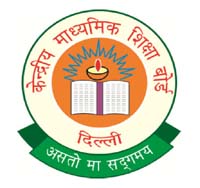


 Finally the wait for CBSE class X result is going to get over. With the news that CBSE results will be declared today at 4 pm the parent-teacher-student community is waiting with bated breath. The results will be declared at 4 pm on May 24. Under the CCE system, students will be assigned grades instead of marks.
Finally the wait for CBSE class X result is going to get over. With the news that CBSE results will be declared today at 4 pm the parent-teacher-student community is waiting with bated breath. The results will be declared at 4 pm on May 24. Under the CCE system, students will be assigned grades instead of marks.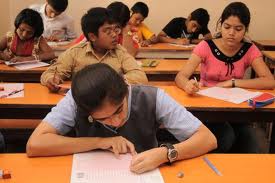
 The All India Council for Technical Education (AICTE) has stopped giving approval to any new college till 2014 and is treading cautiously on the issue of granting deemed university status. These institutes or colleges have not been managing to fill up their seats in different engineering and management courses during the last three to four academic sessions.
The All India Council for Technical Education (AICTE) has stopped giving approval to any new college till 2014 and is treading cautiously on the issue of granting deemed university status. These institutes or colleges have not been managing to fill up their seats in different engineering and management courses during the last three to four academic sessions.
 An Assistant Director of Haryana secondary school education (information technology) department has been placed under suspension for accepting incorrect and objectionable content in the EDU-BOSS software where a part of Jammu and Kashmir has been shown as not India’s in the geographical map of India.
An Assistant Director of Haryana secondary school education (information technology) department has been placed under suspension for accepting incorrect and objectionable content in the EDU-BOSS software where a part of Jammu and Kashmir has been shown as not India’s in the geographical map of India.
 man Capital Management (Aspire) and Assam Down Town University (ADTU) has signed an MoU to prepare their MBA students through Aspire MBAPro and Aspire ProHire Classic, Aspire’s embedded employability products for Management Education.
man Capital Management (Aspire) and Assam Down Town University (ADTU) has signed an MoU to prepare their MBA students through Aspire MBAPro and Aspire ProHire Classic, Aspire’s embedded employability products for Management Education.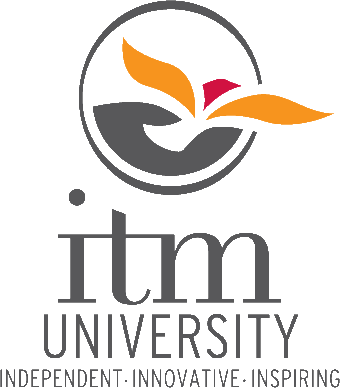
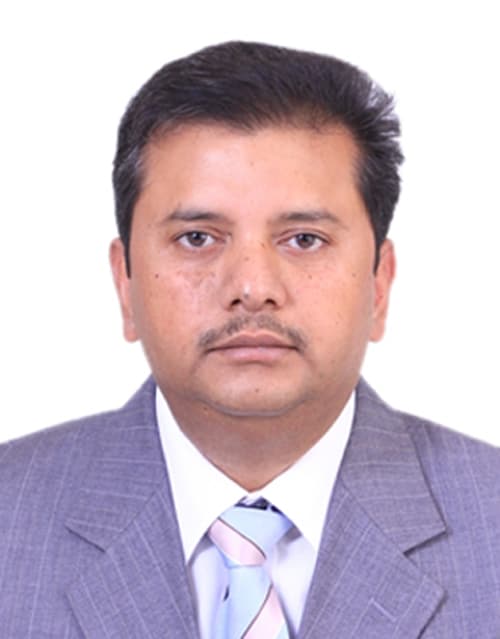
 NEC India has announced the appointment of Zubair Alam as General Manager – Enterprise Business, NEC India Pvt. Ltd. Zubair will be responsible for leading the growth and profitability of the company by driving business management, segment strategy development, monitoring execution and inculcating a culture of operational & execution excellence within the team.
NEC India has announced the appointment of Zubair Alam as General Manager – Enterprise Business, NEC India Pvt. Ltd. Zubair will be responsible for leading the growth and profitability of the company by driving business management, segment strategy development, monitoring execution and inculcating a culture of operational & execution excellence within the team.